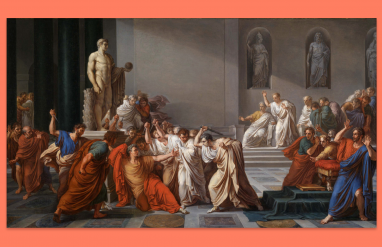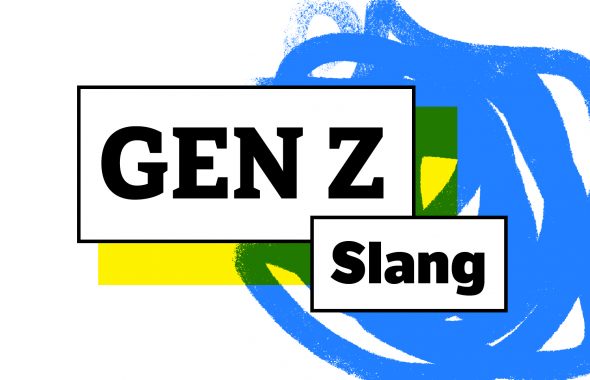by Molly Rosen Marriner
It’s another installment of Last Month in Pop Language, a column where the most popular (statistically) song, book, and film of the month will have their words analyzed in hopes of drawing a conclusion about language’s current usage—and future. At the end of each monthly column, we’ll draw a conclusion: Was last month’s pop language masterly, malevolent, or merely meh?
Film: Ant-Man and the Wasp
Ant-Man and the Wasp tells the story of two generations of superheroes and scientists—Paul Rudd’s Scott Lang, the Ant-Man in question, his main lady, the Wasp, and the Wasp’s particle scientist parents. The film’s predictable, especially when compared to the ending of the new Avengers film. It’s also filled with the bland banter and only-sorta-funny one-liners that are such a requirement for modern superhero movies that they don’t even register as jokes.
The film has five screenwriters—always a good sign, right? Especially when they’re all men, with credits in experimental film ranging from Dr. Ken to … “actor/producer, no previous writers’ credit.” Yeah … unsurprisingly, this screenplay is standard modern Marvel fare, not shaking up the universe in any way—you can check out this column’s May installment for more like it.
So, let’s check out some literary devices from this new Marvel wonder:
- pun: “Yes! I’m gonna call you ANT-onio Banderas!”
- overstatement: “Nothing can prepare you for what’s coming.”
- sarcasm: Hope van Dyne: “So cranky.” Dr. Hank Pym: “You want a juice box and some string cheese?” Scott Lang: “Do you really have that?”
- glaring hyphen misuse: Ant-Man
Song: “I Like It” by Cardi B
Though not technically number one at the time this column was written (that honor would go to Drake’s “In My Feelings“), we’re spotlighting the number two, “I Like It” because it’s a classic summer anthem (and we’ve written about Drake enough). It’s the sort of catchy ear worm that immediately and simultaneously evokes pleasant humidity and air conditioning; it would fit in equally well at a Brooklyn block party or Panhandle shrimp boil. Plus, there hasn’t been a chart-topping song by a female recording artist while this column’s been up—so we’ll take this close call and write about it, #thankyouverymuch.
“I Like It” includes Cardi’s raps as bookends, the chorus—a sample of Pete Rodriguez’s 1967 song “I Like It Like That”—and Bad Bunny and J Balvin’s verses, sung in Spanish. Bad Bunny and J Balvin are Puerto Rican and Columbian, respectively, so the song’s filled with allusions and shoutouts from these men and the Dominican Cardi B. Overall, it’s not bad.
Here are some literary devices from the multilingual lyrics:
- allusion:
Cabrón, a ti no te conocen ni en Plaza (no)…
Que retumbe el bajo, Bobby Valentín, yeh (¡boo!)
Aquí es prohibido amar, diles, Charytín
Que pa’l picor les tengo Claritín - rhetorical question: Where’s my pen? Bitch I’m signin
- feminine rhyme: They call me Cardi Bardi, banging body, spicy mami, hot tamale
- repetition: Yo soy el que se la vive y también el que la goza (goza, goza)
Book: The Other Woman by Daniel Silva
For the second consecutive month, a spy novel is number one. It edged out three other books with similar themes—last month’s “winner,” The President is Missing by Bill Clinton and James Patterson, Brad Thor’s Spymaster about espionage and preventing terrorism, and John Grishman’s The Rooster Bar about taking down an exploitative New York finance guy.
The people are into talking about political shadiness. Who would’ve guessed?
WATCH: President Trump Drives Searches For “Tapp,” “Council,” And Other Spelling Blunders
The Other Woman, which barely beat out The President is Missing at the very end of July, is the 18th installment in Silva’s Gabriel Allon series, about Israeli national intelligence and covert ops. Proving the old adage that with a mass-market spy paperback series’ age comes wisdom, Allon is a seasoned art restorer and—gasp!—secret spy who is the Israeli government’s secret weapon. If you’d believe it, The Other Woman focuses on Allon and a “mysterious Frenchwoman” taking down a Russian spy. I’ll let the back cover spell it out for you: “Gabriel has battled the dark forces of the new Russia before, at great personal cost. Now he and the Russians will engage in a final epic showdown, with the fate of the postwar global order hanging in the balance.”
And, once you get past the back cover and look inside, there are literary devices like these gems:
- foreshadowing: “Smiling, he spoke a single word in Russian. It would be many years before the child understood what the word meant.”
- alliteration: “covert communications”
- metaphor: “In the end, he would prove to be yet another feather in Gabriel’s cap.”
- cliche: “In the light of day, her remarkable beauty was plain to see.”
Verdict: Same Old, Same Old Meh
Russian-spy airplane reads. Marvel-franchise installments. Melodious hip hop with heavy sampling. Is this month’s lineup familiar or what?
In a time of impending global warfare and fascism, Americans are holding onto very familiar tastes like a comfort blanket. Most of the books and films on the top ten list represent very similar themes and genres: (male) heroes saving the world from destruction. This month’s music shows a similar move toward the monoculture. In July, Drake takes up about a third of Billboard’s Top Ten list; in July 1998, it was a mix of R+B, country, rap, techno, and Lillith Fair. Ah, for the simpler days of cultural diversity, when both Sarah McLachlan’s “Angel” and Next’s “Too Close” dominated the charts …
Molly Rosen Marriner is a writer, editor, and basset hound aficionado who lives in Oakland, CA.












